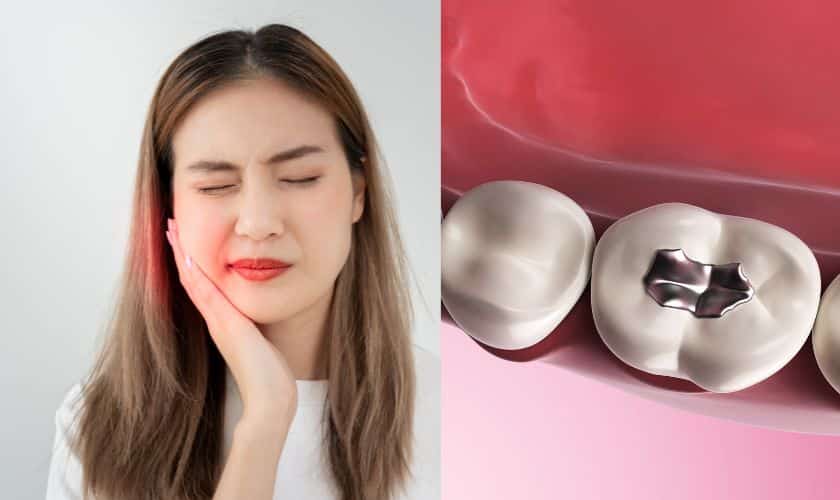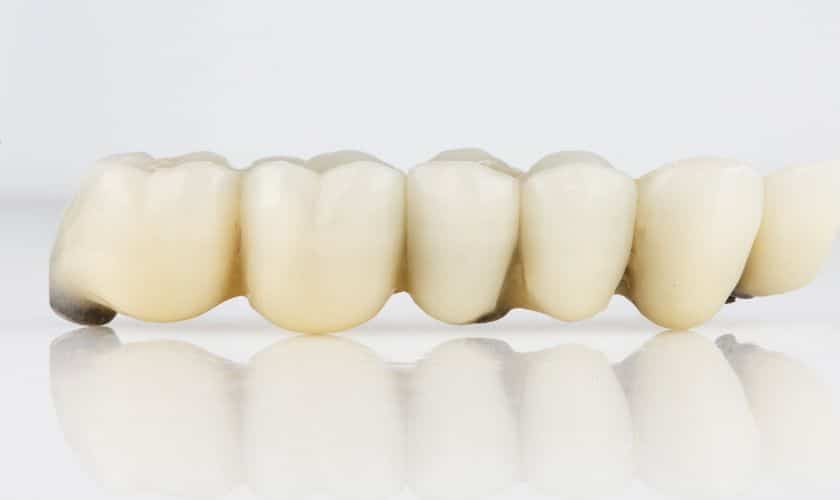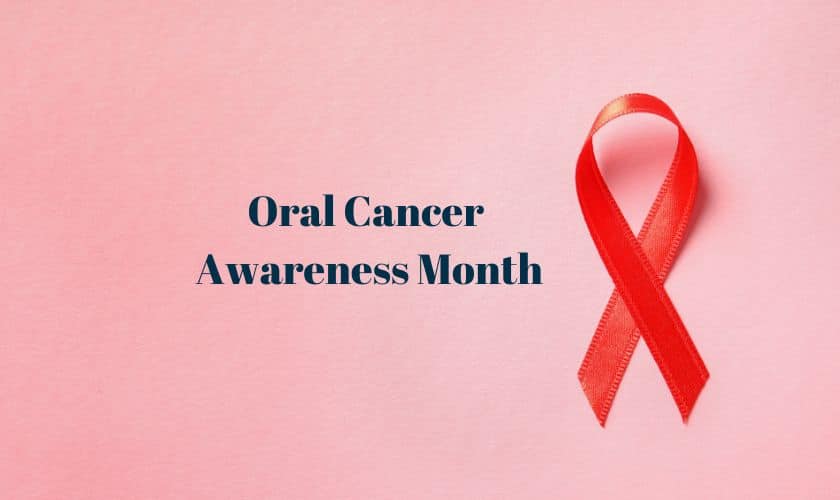
Blog
Cold Sensitivity of Teeth: How To Manage It?
February 7, 2024
Dental Care

Cold sensitivity of teeth is a common dental issue that affects millions of people worldwide. Whether it’s sipping on a cold beverage or taking a deep breath of chilly air, the discomfort can be unpleasant and even painful. However, there are ways to manage and alleviate this sensitivity, allowing you to enjoy your favorite foods and drinks without fear. In this blog, we’ll explore the causes of cold sensitivity, its impact on dental health, and effective strategies for managing it.
Understanding Cold Sensitivity:
Cold sensitivity, also known as dentin hypersensitivity, occurs when the protective enamel layer of the teeth wears down, exposing the underlying dentin. Dentin contains tiny tubules that connect to the nerves in the pulp of the tooth. When exposed to cold temperatures, these tubules allow sensations to reach the nerves, causing pain or discomfort.
Causes of Cold Sensitivity:
Several factors can contribute to the development of cold sensitivity, including:
- Tooth decay or cavities: Cavities weaken the enamel, making the teeth more susceptible to sensitivity.
- Gum recession: Receding gums expose the sensitive roots of the teeth, increasing sensitivity to cold.
- Tooth erosion: Acidic foods and beverages, as well as vigorous brushing, can erode the enamel over time, leading to sensitivity.
- Teeth grinding: Grinding or clenching the teeth can wear down the enamel, making the teeth more sensitive to cold and other stimuli.
Impact on Dental Health:
Cold sensitivity can have a significant impact on dental health and quality of life. People with sensitive teeth may avoid certain foods and drinks, leading to nutritional deficiencies or poor oral hygiene. Additionally, the discomfort associated with cold sensitivity can cause stress and anxiety, affecting overall well-being.
Managing Cold Sensitivity:
Fortunately, there are several strategies for managing cold sensitivity and reducing discomfort. Here are some tips to help you cope with sensitive teeth:
- Use desensitizing toothpaste: Specialized toothpaste containing ingredients like potassium nitrate or fluoride can help block the transmission of sensations from the tooth surface to the nerves, reducing sensitivity over time.
- Practice good oral hygiene: Brush and floss regularly to remove plaque and bacteria that can contribute to tooth decay and gum disease. Use a soft-bristled toothbrush and gentle, circular motions to avoid further enamel erosion.
- Avoid acidic foods and beverages: Limit your consumption of acidic foods and drinks, such as citrus fruits, soda, and vinegar, which can weaken the enamel and increase sensitivity.
- Wear a mouthguard: If you grind your teeth at night, wearing a custom-fitted mouthguard can help protect the enamel from damage and reduce sensitivity.
- Visit your dentist regularly: Schedule regular check-ups with your dentist to monitor your oral health and address any issues that may contribute to cold sensitivity, such as cavities or gum disease.
Conclusion:
Cold sensitivity of teeth can be a frustrating and uncomfortable condition, but with the right approach, it can be managed effectively. By understanding the causes of sensitivity and adopting good oral hygiene habits, you can reduce discomfort and enjoy a healthier, happier smile. If you’re experiencing persistent cold sensitivity, don’t hesitate to consult with your dentist for personalized advice and treatment options. Remember, taking care of your teeth today can help prevent sensitivity and other dental problems in the future.
Recent Posts

Dental Fillings and Sensitivity: What to Know?

A Comprehensive Guide to How Dental Bridges Work

How Implant Retained Dentures Enhance Your Diet?

What Are the Goals of Oral Cancer Awareness Month?

